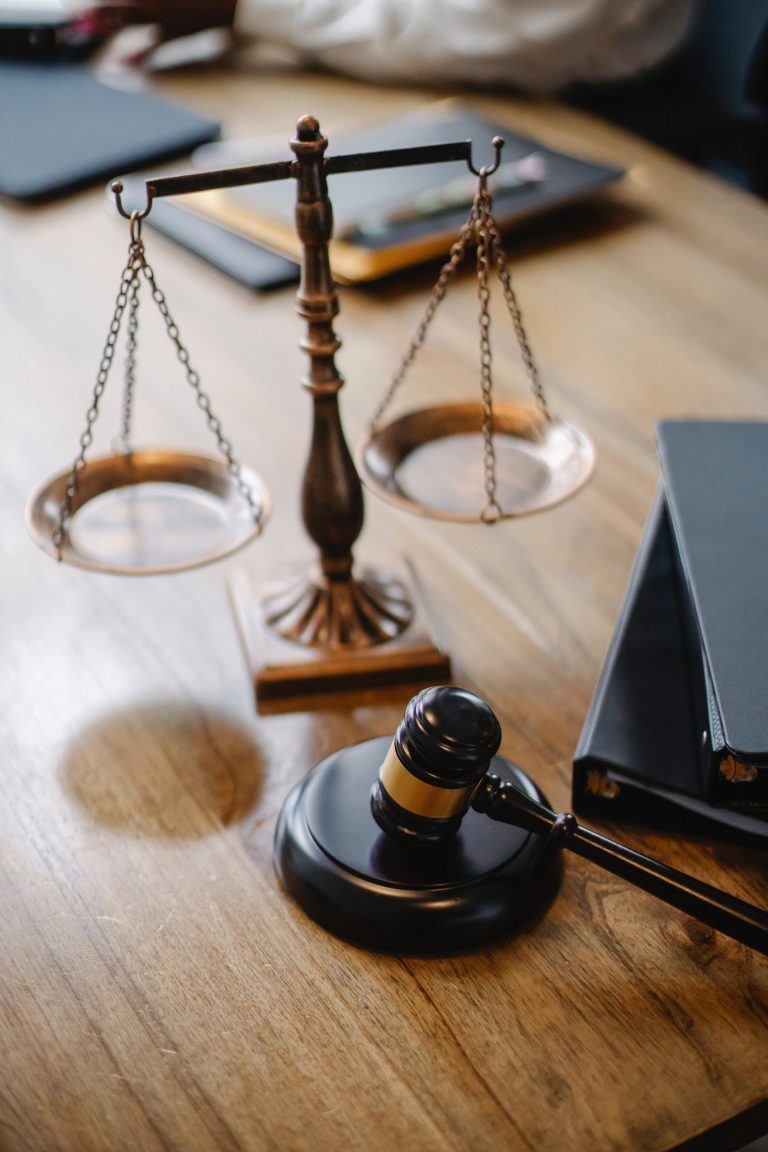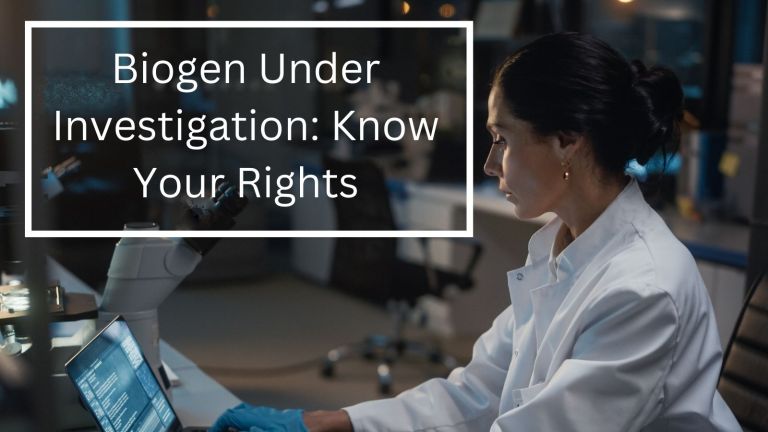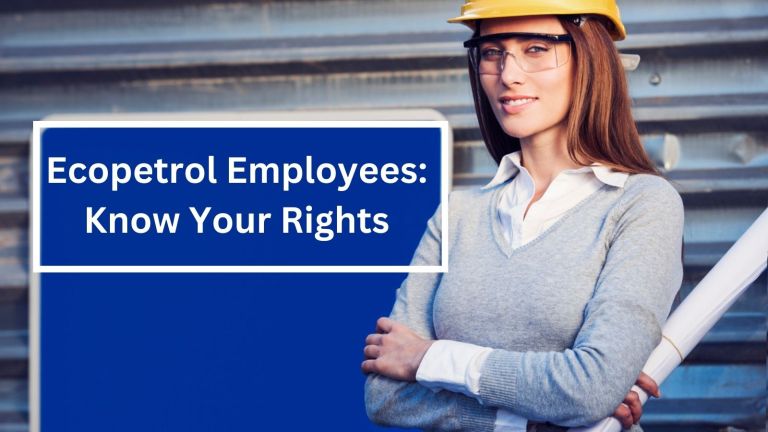Article by John Peterson, Managing Attorney, FBR.
The Foreign Corrupt Practices Act (FCPA) is a U.S. law that prohibits bribery. The FCPA is enforced by the Department of Justice (DOJ) and the Securities and Exchange Commission (SEC). Both agencies regularly issue fines to companies for violating the FCPA and pursue violations aggressively. In addition, the SEC also offers incentives to those who report FCPA violations through its whistleblower rewards program.
If you want to report FCPA violations, here are the 5 steps to take:
-
- Speak to an FCPA whistleblower lawyer (for free)
-
- Determine if there is an FCPA violation
-
- Preserve evidence of the violation
-
- Decide where to report
-
- Don’t delay in reporting
In this article, updated for 2023, we’ll talk you through each of these steps. If you have witnessed an FCPA violation and want to figure out if you could claim a whistleblower reward for reporting it, take our anonymous online evaluation here. The average SEC whistleblower reward is ~$5 million so don’t delay in checking your eligibility.
1. Speak To An FCPA Whistleblower Lawyer (For Free)
If you are thinking of reporting an FCPA violation, it is critical that you speak with an experienced FCPA whistleblower lawyer. Reporting FCPA violations can expose you to retaliation or harassment. In addition, reporting in the wrong way or at the wrong time can severely affect your legal rights. An FCPA whistleblower attorney will be able to help you figure out whether there has been an FCPA violation or what further information you need to make that determination. Additionally, if you decide to report an FCPA violation, your attorney can help you do it anonymously. Even if your employer offers a ‘confidential’ reporting channel or an anonymous ‘whistleblower hotline,’ there is no substitute for an attorney reporting on your behalf. FBR is one of the only whistleblower law firms that focus on FCPA reporting and offers free consultations that are completely confidential. Speaking to an attorney will cost you nothing, and could help you keep your job while reporting or even claim a whistleblower reward. To speak to the foremost FCPA whistleblower attorneys now, simply contact FBR here.
2. Determine If There Is an FCPA Violation
The FCPA is a law of limited application, meaning it does not apply to every person and company in the world. If you want to report a violation, you need to figure out if the perpetrator of the violation is subject to the FCPA, meaning you have to be sure that the perpetrator is required to abide by the FCPA. In general, the FCPA applies to all U.S. companies and individuals, in addition to any foreign companies with stock traded on the NYSE or NASDAQ. The FCPA also applies to any subsidiaries of companies trading on the NYSE or NASDAQ.
After confirming the company or person you wish to report is subject to the FCPA, you will need to learn the basic elements of an FCPA violation and check if the conduct you have witnessed meets all those elements. The most common FCPA violation is bribery, and the elements of a bribery violation are:
-
- Corruptly giving
-
- Anything of value
-
- To a foreign official
-
- To obtain or retain business
If you want to learn more about these elements and other violations under the FCPA you should check out the FCPA resource guide published by the DOJ and SEC. Once you have determined that there has been bribery, or there might be, you should move on to the next step.
3. Preserve Evidence Of the Violation
If you want to report an FCPA violation effectively you should think about whether you can provide documents, emails or other evidence to support claim. This will help convince the DOJ and SEC to investigate the FCPA violation and put an end to the misconduct. However, it is also important that you do not obtain evidence illegally, such as by accessing other people’s property or devices without their permission. When figuring out what evidence to gather, your attorney will be able to advise what it is safe to collect and what it is not. Even if your employer has made you sign an Non-Disclosure Agreement (NDA), you are always entitled to speak to your attorney about these issues without breaching the NDA.
4. Decide Where To Report First
When reporting an FCPA violation, you may be entitled to legal protection from retaliation and a whistleblower award for reporting. However, whether you receive these benefits depends on where you report the violation. For example, certain U.S. laws provide protections for individuals who report FCPA violations to federal regulators like the SEC and DOJ. However, some of those protections do not apply if the person only reports to their employer. Similarly, if you report an FCPA violation to the SEC, you could be entitled to an SEC whistleblower reward, but reporting to the DOJ and not the SEC may affect your ability to claim an award. In 2021, the SEC paid a whistleblower $28 million for reporting FCPA violations. In addition, the SEC provides legal protection against retaliation for whistleblowers who report violations. As a result, reporting to the SEC is something you should strongly consider and discuss with your attorney.
5. Don’t Delay In Reporting
Both the SEC and DOJ have specific time limits in which they can prosecute FCPA violations. For certain violations, this could be as short as 5 years, and an investigation could take 2-3 years. If you want the SEC and DOJ to investigate the violation, you need to give them as much time as possible by reporting early. If you want to claim a whistleblower award this is especially important, as if someone reports the same information you have before you, they will get the whistleblower award and you won’t. In addition, even if you qualify for a reward, the SEC can reduce a person’s award if they delayed in reporting.
About the Author
John Peterson is the Managing Attorney and founder of FBR, a law firm that focuses on representing FCPA whistleblowers. John is a New York whistleblower attorney who has worked for almost a decade on FCPA and corruption cases around the globe. Prior to founding FBR, John worked at an elite international law firm in New York and London representing clients in multi-national investigations before the DOJ, SEC, FINRA, FCA & SFO. John is one of the few whistleblower attorneys with extensive international experience working with Fortune 500 corporations who are often the subject of whistleblower complaints.

















